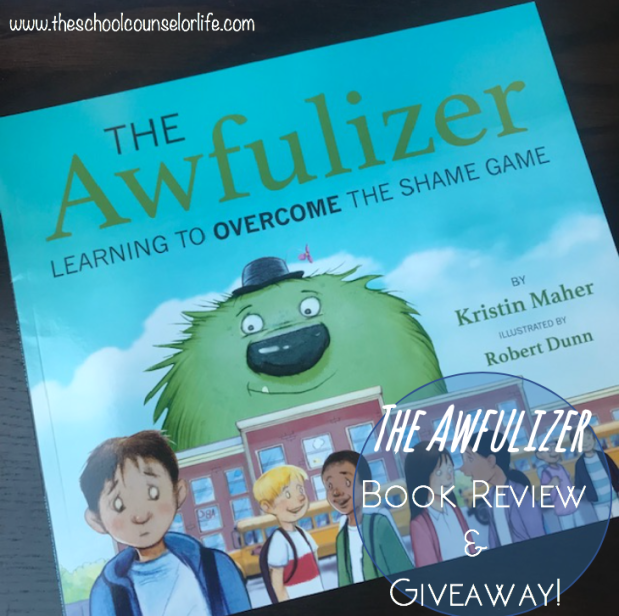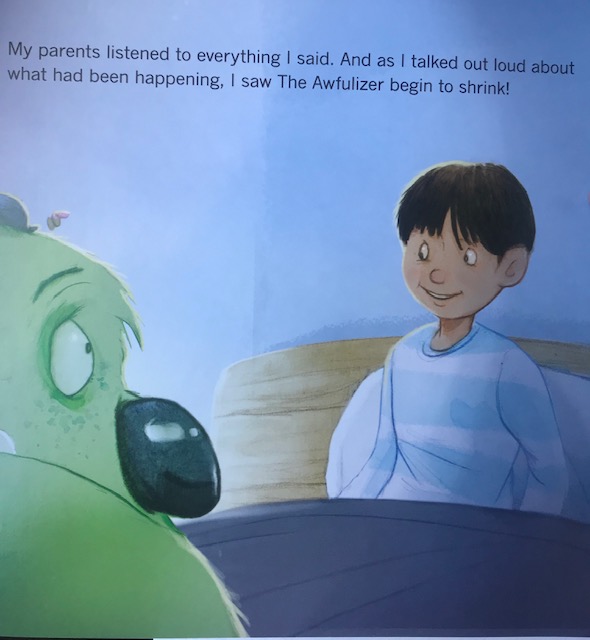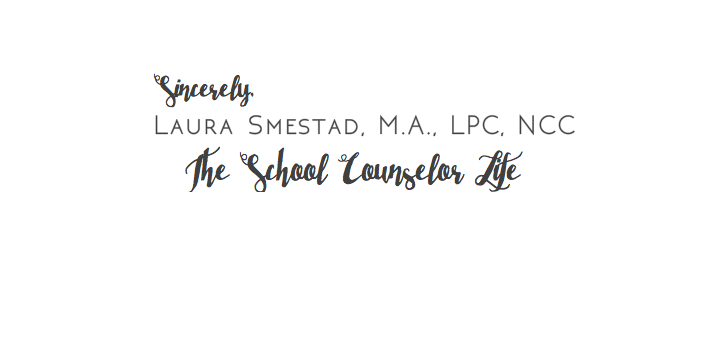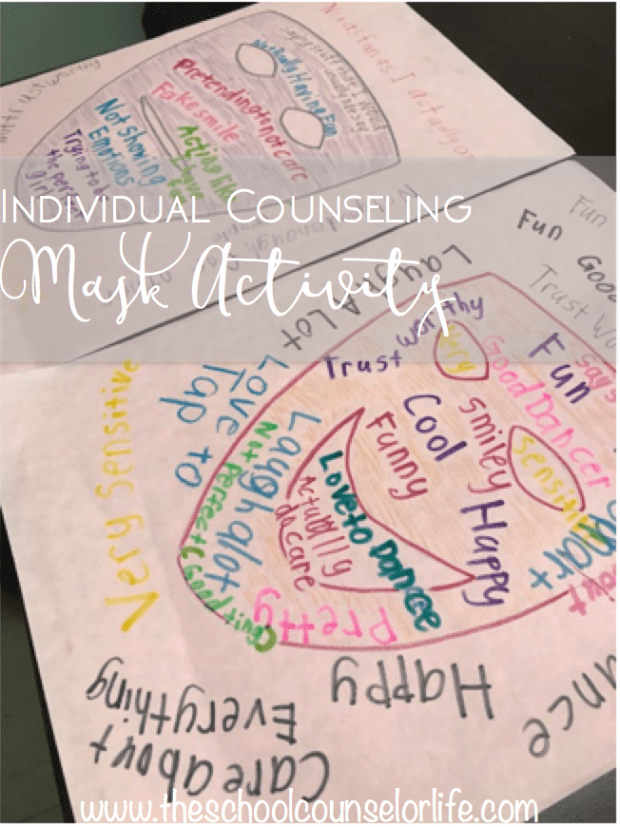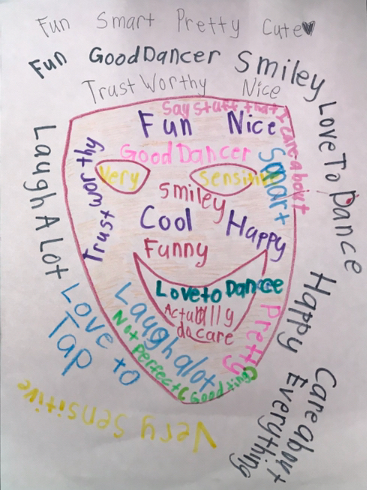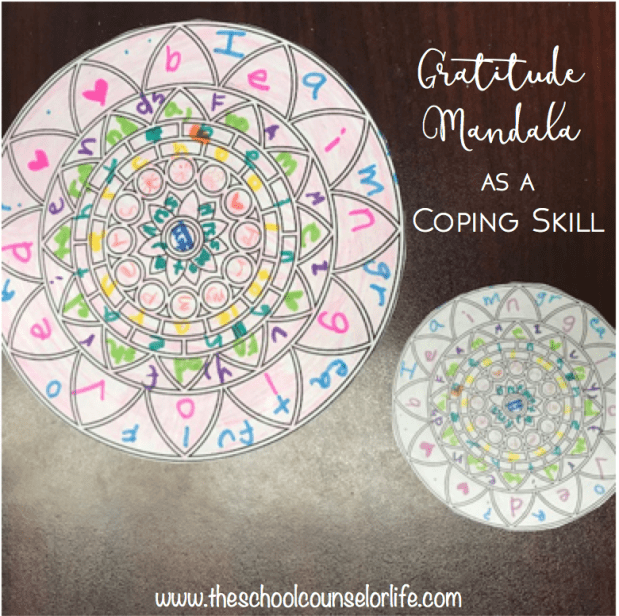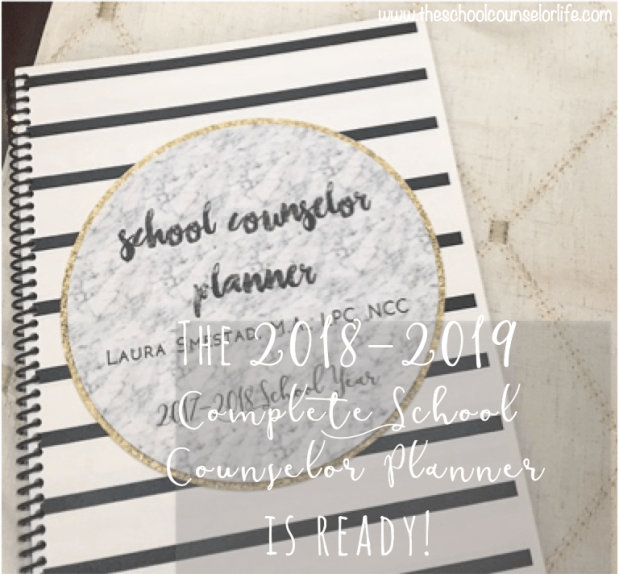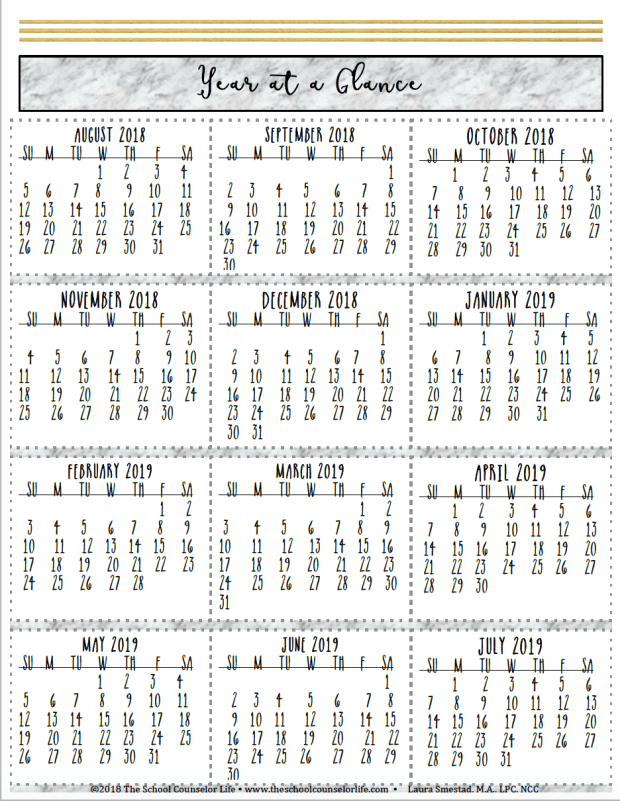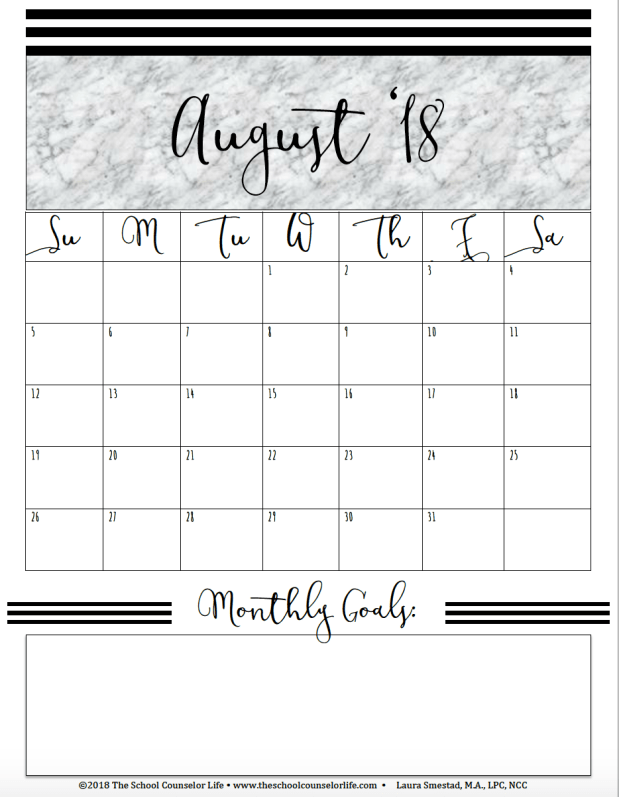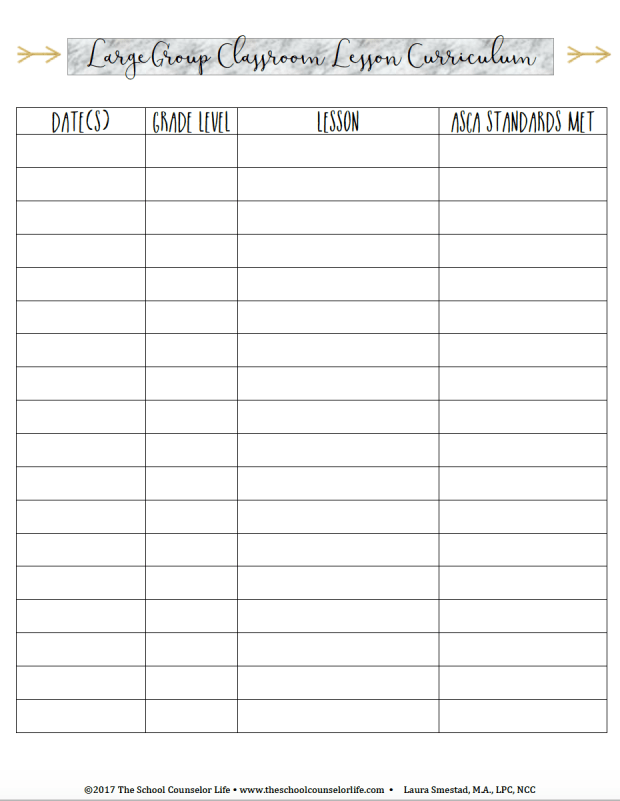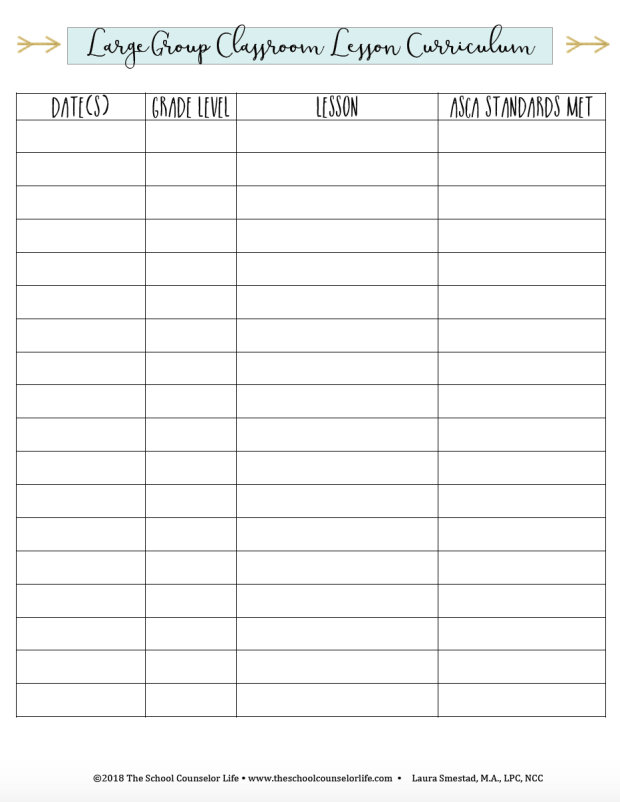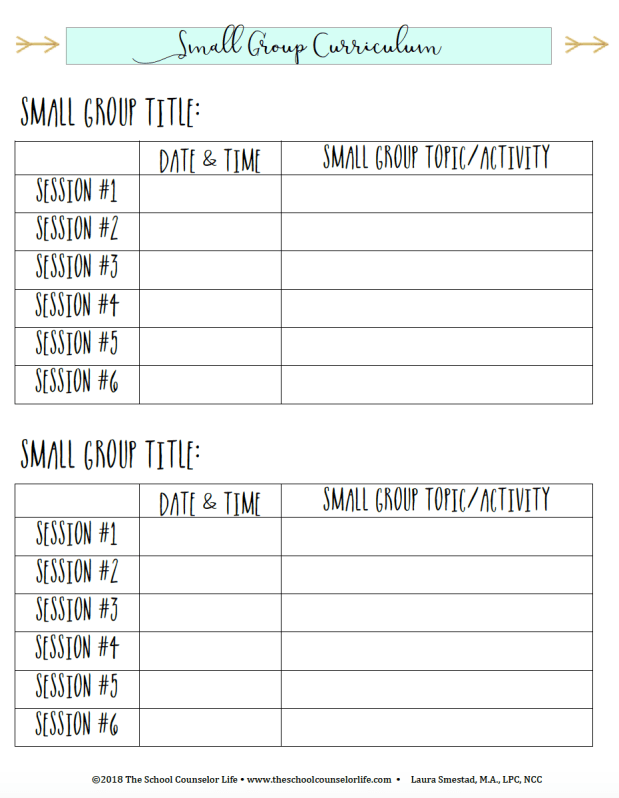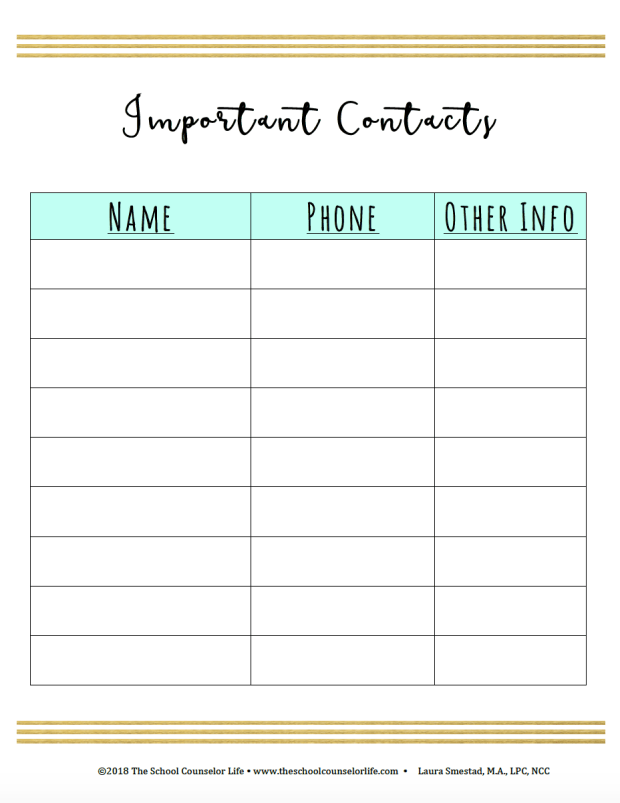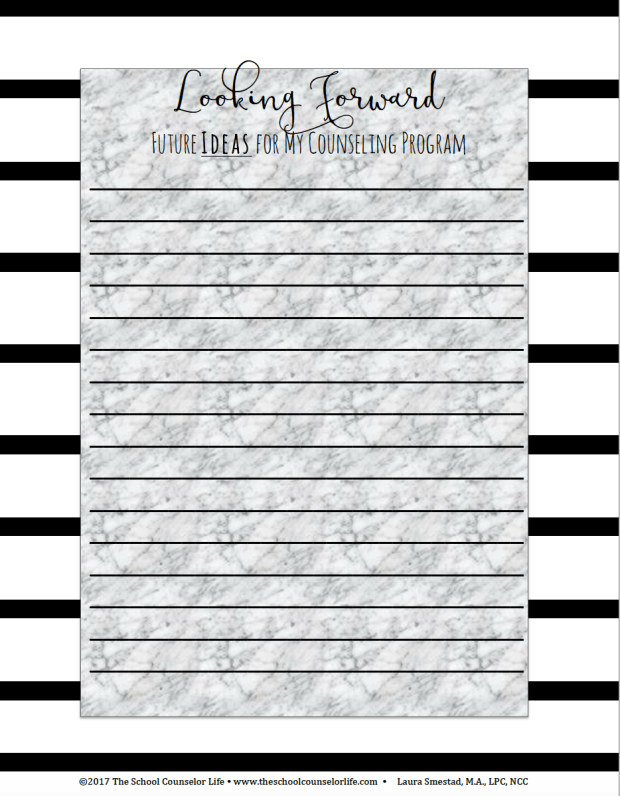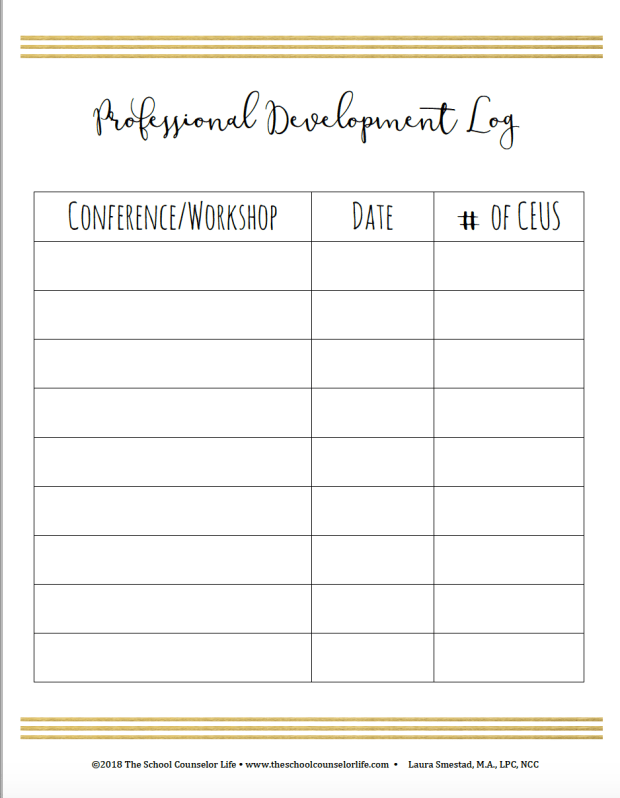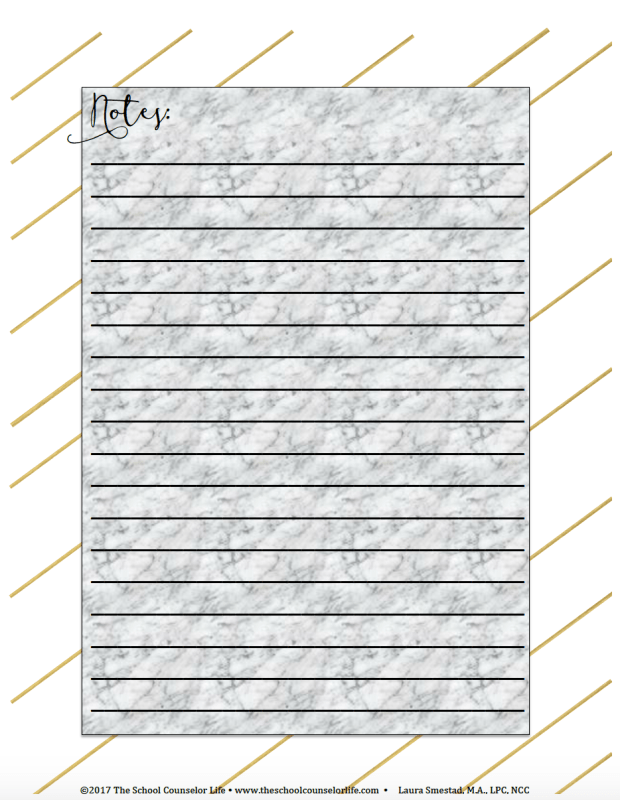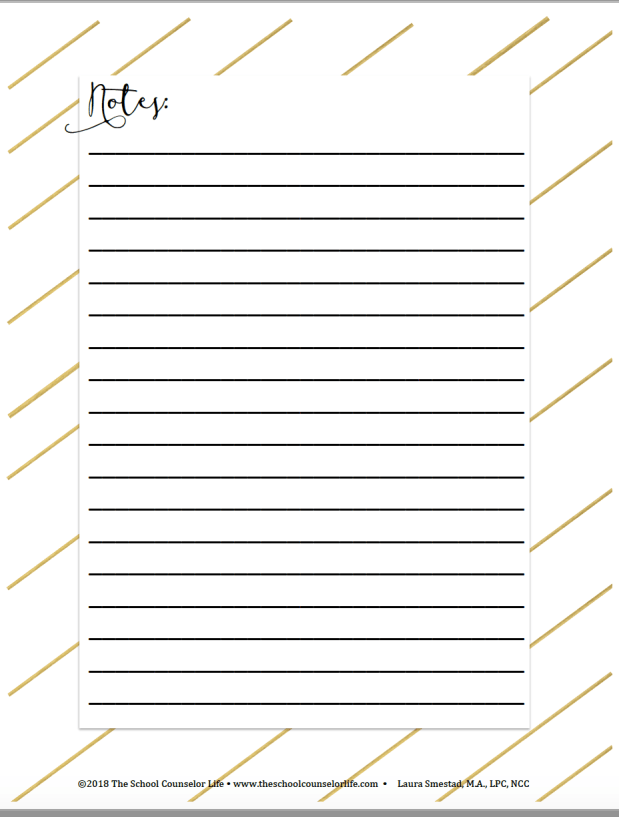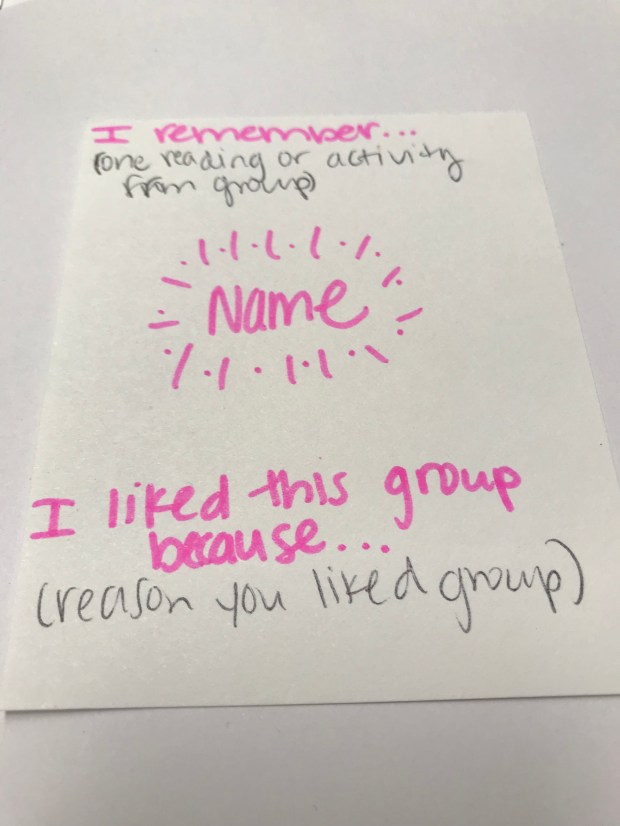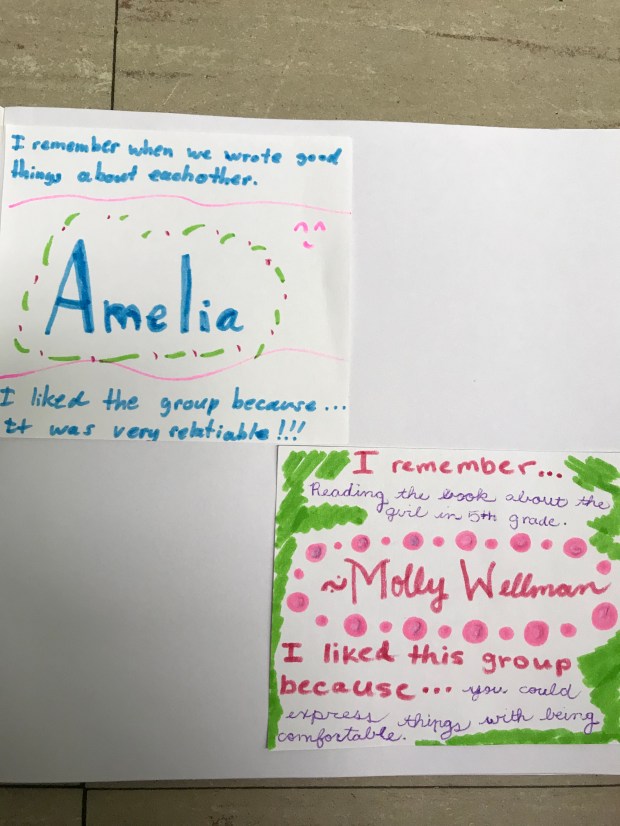
As we draw nearer to the end of the school year, this is the perfect time to implement some extra self-care practices or begin making a summer reading list! I love reading books that impact me personally and professionally, so I’ve compiled a list of 8 books that have changed the way I view myself, my work, or both.
1. You Are a Badass by Jen Sincero
I loved this book so much that I literally bought it for all of my closest friends for their Christmas gifts the year I read it. If you need a bit of a personal boost {which most of us do during the last stretch of the school year when burnout becomes more prevalent}, You Are a Badass can help you stop doubting yourself while giving you a few laughs along the way.
2. Mindsight by Daniel Siegel
Many of you have probably heard of Dr. Dan Siegel because of his hand model of the brain, but he has also written a number of wonderful books. Mindsight combines neuroscience and psychology to help the reader understand the inner workings of the mind and how to better harness its power. I was able to apply Siegel’s knowledge to my personal AND professional life, which is always a win for me.
3. Hold me Tight by Sue Johnson
Another book that helped me in work as well as my personal life is Hold me Tight by Sue Johnson. I can honestly say that this book was life changing for me, a label I don’t give to many books {and trust me, I read A LOT}. Attachment Theory — which is the basis of the book — is something I think we tend to overlook, but it permeates all of our relationships and worldviews. After reading Johnson’s book, I was able to make some necessary changes in my own life, and I was able to construct a way to utilize EFT principles with my students.
4. Why I’m No Longer Talking to White People About Race by Reni Eddo-Lodge
Eddo-Lodge’s book delves into the ever important topic of systemic racism from the perspective of a black woman in the UK. It was really interesting to learn that the author never learned much about British black history in school, and the book starts with an overview of the history that has been brushed over in Britain. Eddo-Lodge also touches on topics such as privilege and feminism, and even as someone who makes a strong effort to be aware of the topics presented in this book, I got a lot out of reading it and strongly recommend it to others.
5. Motivational Interviewing for School Counselors by Reagan North
If you are looking for a practical book that gives you effective, ready-to-implement techniques to use with your students, immediately add this to your reading list. Motivational Interviewing is perfect to use in schools, and Reagan North does a great job explaining how to adapt techniques to school counseling. The book even gives you homework assignments to practice specific skills with students before moving on to the next steps in the process. This book gave me some great tools for my school counseling toolbox.
6. The Perfection Deception by Jane Bluestein
I like to think of myself as a “recovering perfectionist” after doing some personal work and reading Bluestein’s book. The Perfection Deception differentiates between “pathological perfectionism” and a “healthy striving for excellence,” a distinction we don’t usually make. If you notice too many perfectionistic tendencies in yourself, this is a great book for you. I also used the information to present to the parents at my school, which they found to be extremely helpful since my students are in such a high-stakes, high-achieving environment.
7. Year of Yes by Shonda Rhimes
I remember reading Year of Yes on my first solo traveling adventure, and it enhanced my trip ten fold. Shonda Rhimes {yes, the same one who created Grey’s Anatomy and How to Get Away with Murder} decided to say yes to everything for a whole year and wrote a book about her experiences. It was inspiring, funny, and insightful, and I enjoyed every minute reading it.
8. Lost at School by Ross Greene
The final book I’ll share helped me tremendously in my professional world. Ross Greene’s book focuses on the idea that there are no bad kids, just kids who don’t have the tools yet to succeed. Lost at School is a guide to helping kids learn the skills they need to stop their problematic behaviors, and the best part about it is that the teachers are actually the facilitators of this change process, which increases positive student-teacher relationships. I’ve taught Greene’s ideas to a few teachers at my school who were struggling with certain students, and when they implemented the plan, they saw huge differences in their students’ behaviors.
If you have any favorite books to read that have impacted you personally or professionally, comment below!
*all links are affiliate links

 Laura G. Smestad, MA, LMHC, NCC, NCSC, worked as a school counselor in Louisiana for 5 years, where she won the Louisiana School Counselor Association’s School Counselor of the Year award in 2019. She has experience in clinical and school settings, where she primarily uses Cognitive Behavioral Therapy (CBT). Laura designed The School Counselor Life as a resource to school counselors looking for individual and small group counseling ideas, classroom lessons, organization tips, and all things school counseling.
Laura G. Smestad, MA, LMHC, NCC, NCSC, worked as a school counselor in Louisiana for 5 years, where she won the Louisiana School Counselor Association’s School Counselor of the Year award in 2019. She has experience in clinical and school settings, where she primarily uses Cognitive Behavioral Therapy (CBT). Laura designed The School Counselor Life as a resource to school counselors looking for individual and small group counseling ideas, classroom lessons, organization tips, and all things school counseling. 
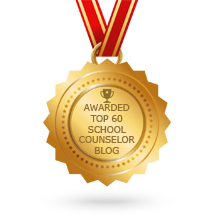




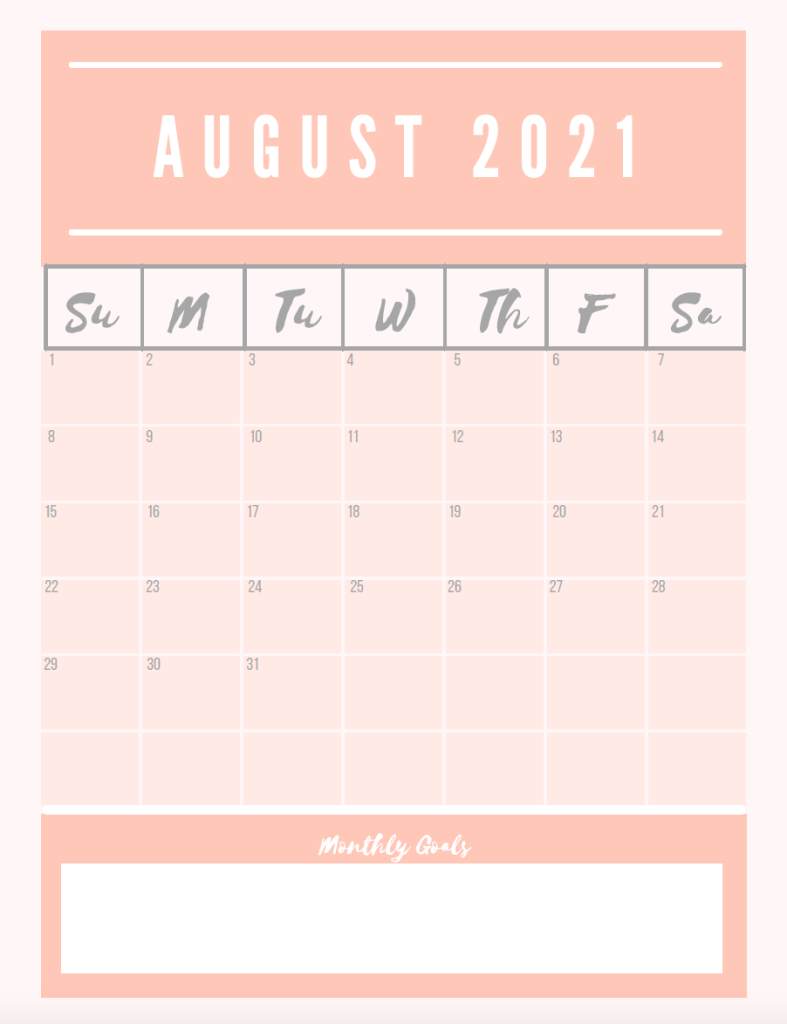





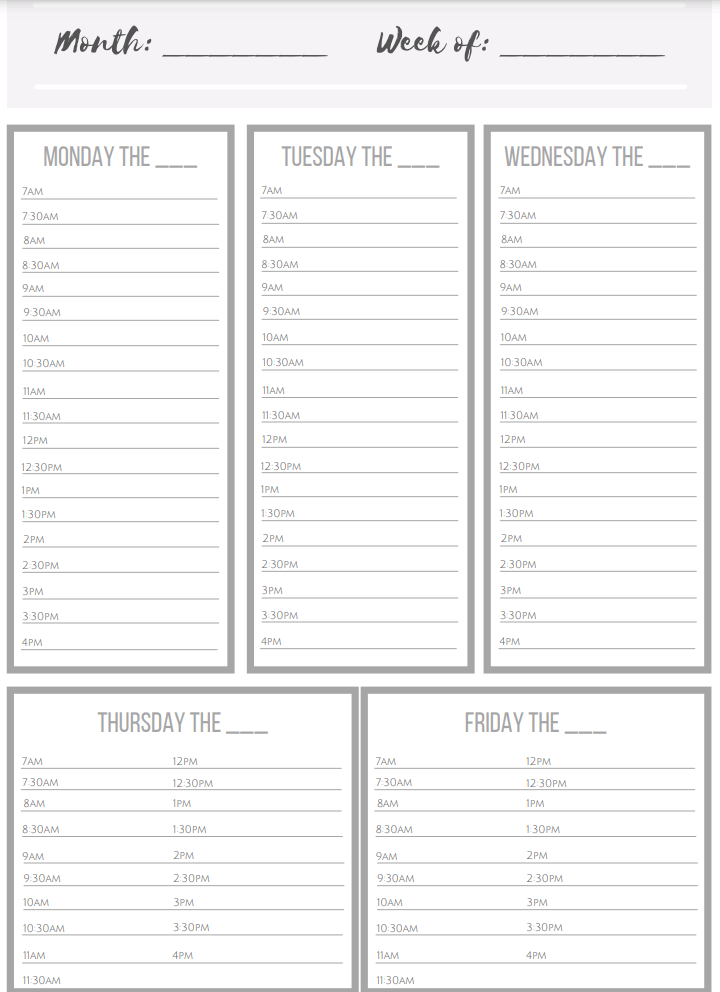
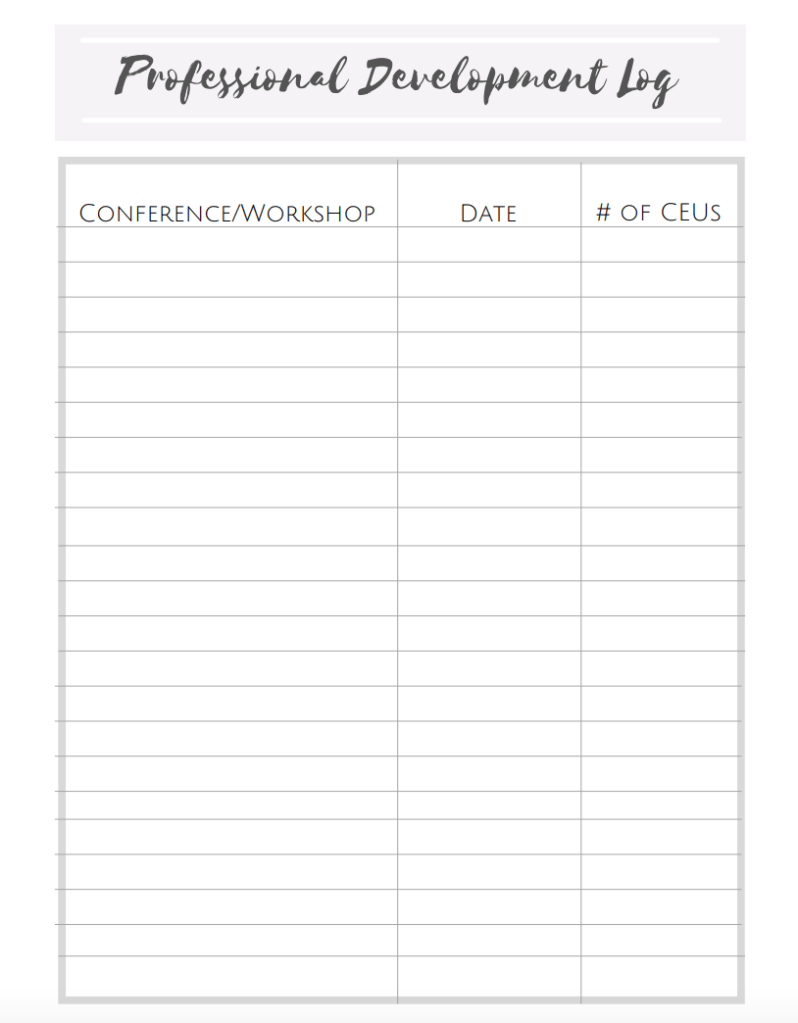




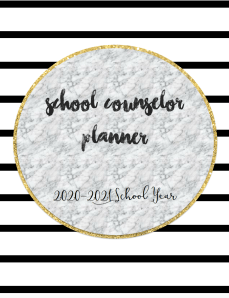
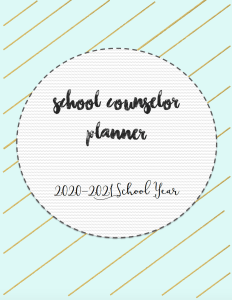 *
*
